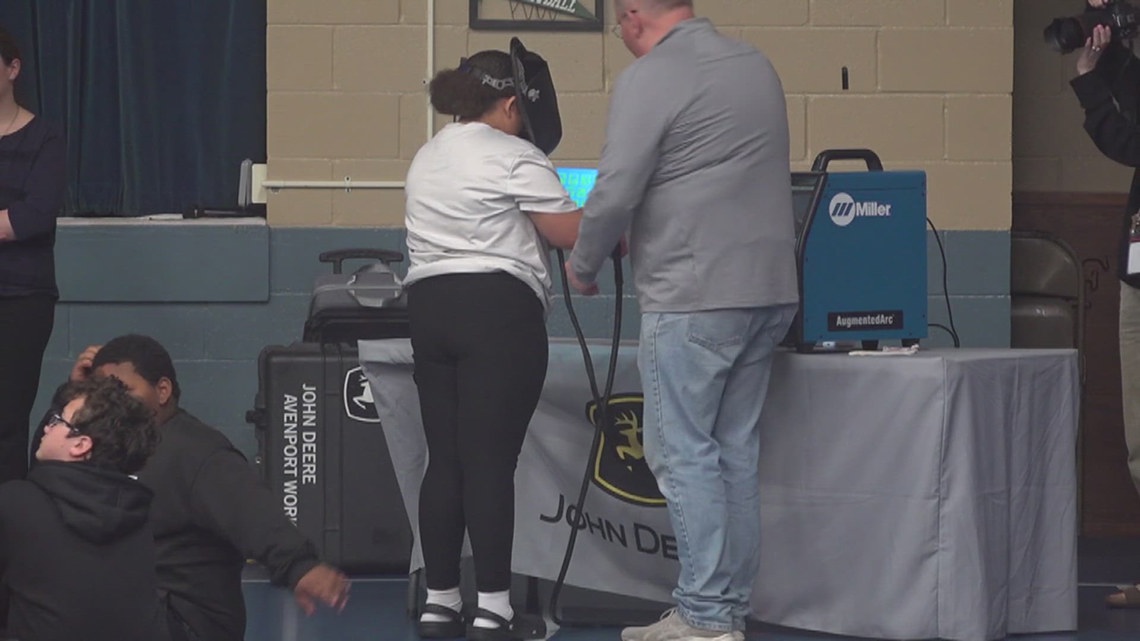STEM Sparks Fly: John Deere Transforms Classroom into Innovation Lab for Young Learners

John Deere Turns Classroom into Innovation Hub, Inspiring Young Minds
Fifth graders at Fillmore Elementary experienced an extraordinary learning adventure when John Deere transformed their classroom into an interactive pop-up factory. The innovative workshop bridged the gap between classroom mathematics and real-world career opportunities in skilled trades, giving students a thrilling glimpse into how mathematical skills directly translate to exciting professional paths.
During the immersive session, students discovered how mathematical concepts they're currently learning become powerful tools in advanced manufacturing and engineering. By bringing hands-on demonstrations and engaging activities directly into the classroom, John Deere demonstrated that math isn't just about solving problems on paper—it's a critical skill for designing, creating, and innovating in today's high-tech industries.
The pop-up factory experience allowed students to see firsthand how calculations, spatial reasoning, and problem-solving skills are essential in careers they might never have considered before. From precision engineering to advanced manufacturing, these young learners were inspired to view mathematics as a gateway to endless professional possibilities.
